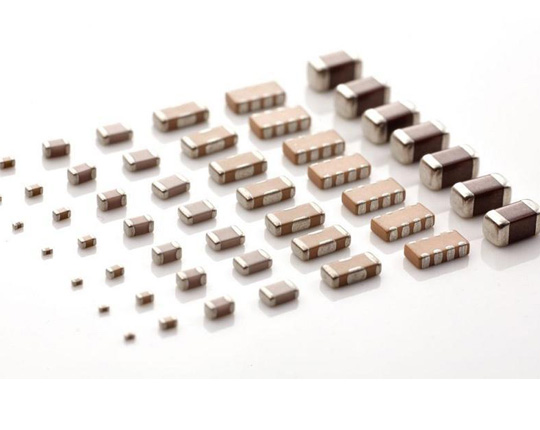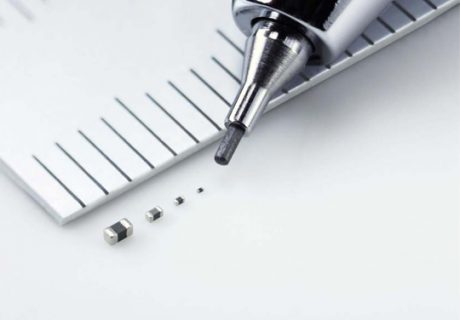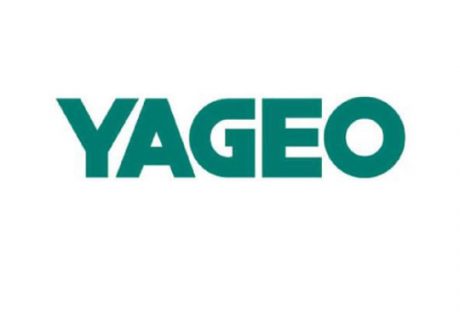Murata has raised the price of some products since August. It mainly due to the rising cost of raw materials such as electrode materials, ceramic raw materials, processing materials used in MLCC manufacturing, and investment expansion. A series of investment expansion plans including Murata’s plan to invest 29 billion yen to build a new MLCC plant. It is foreseen that the market demand for MLCC will continue to rise in the next two years.
Recently, the supply chain has reported that Murata has increased the price of some products by as much as 100%. This situation reflects that the global MLCC shortage is still serious.
The MLCC shortage has been two years since the beginning. So far, the MLCC Manufacturer are optimistic about the future market conditions, and agrees that the market gap will remain unchanged and the price will also be increased.
However, industry insiders believe that there may be major changes in the market for MLCC next year. First, manufacturers continue to increase production capacity; second, distributors and customers have hoarded certain inventory; third, IC design company cooperate with customers to modify the design to reduce MLCC usage, or change specifications, these three factors may become the reasons for the changes in MLCC market conditions next year.
According to insiders, the recent IC design company said that due to customer requirements, the second half of the year will introduce IC versions that reduce the use of MLCC or use the specifications that are not in shortage. “Less use of MLCC” has become one of the new selling points of IC design company. However, some IC design manufacturers pointed out that the integration of passive components has always been the design trend of new ICs, but at present can only integrate small-capacitance MLCC, and still need to use a lot of MLCC. What is certain is that the practices of these IC design company will more or less reduce the market demand for MLCC.



















